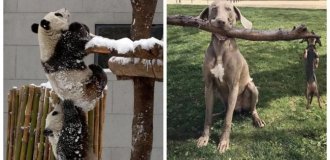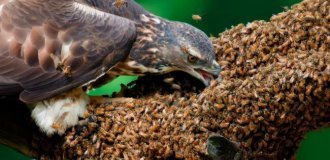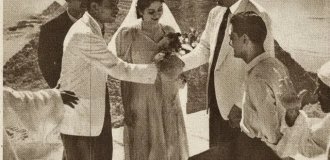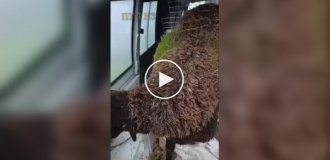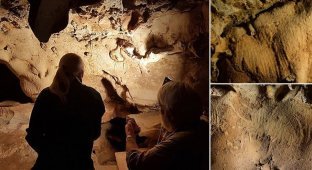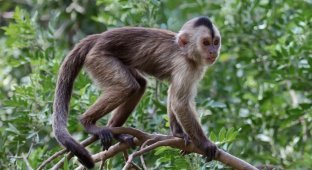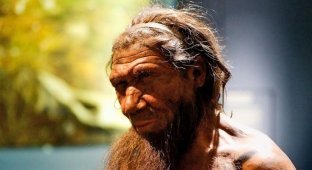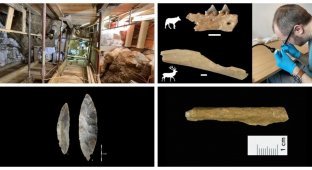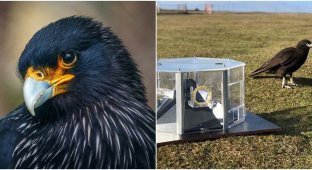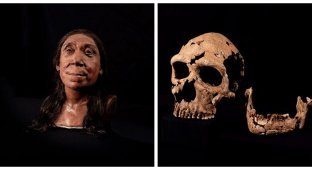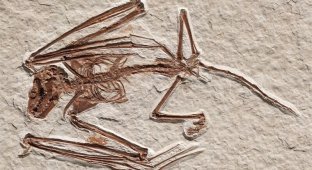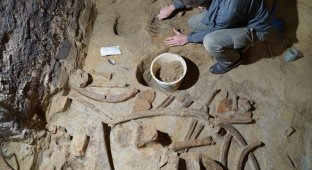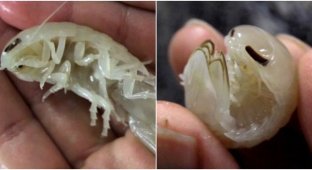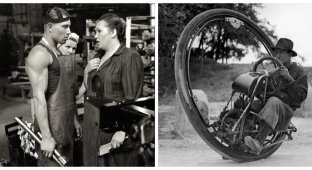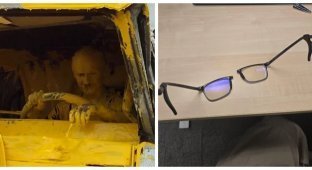Scientists have discovered that autism could be transmitted through Neanderthal genes (3 photos)
Researchers say some Neanderthal DNA in modern humans may be responsible for the developmental disorder. 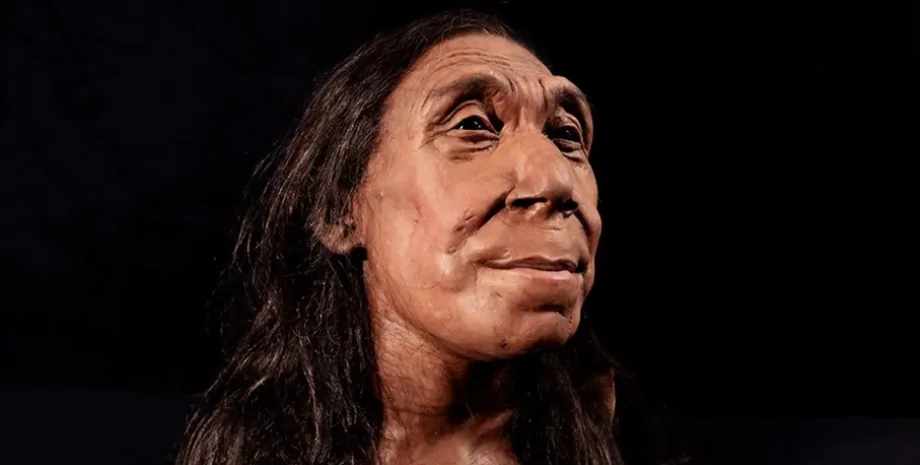
The study suggests that inbreeding between humans and Neanderthals may have led to autism in modern society.
Scientists have found that certain genetic variations that date back to Neanderthals are more common in autistic people. Similar DNA mutations have also been linked to traits such as mental retardation, speech delay and speech regression.
The results of a new study will help scientists understand the complex nature of autism. Researchers will also get closer to understanding how the mixing of archaic and modern human DNA influenced today's health problems. 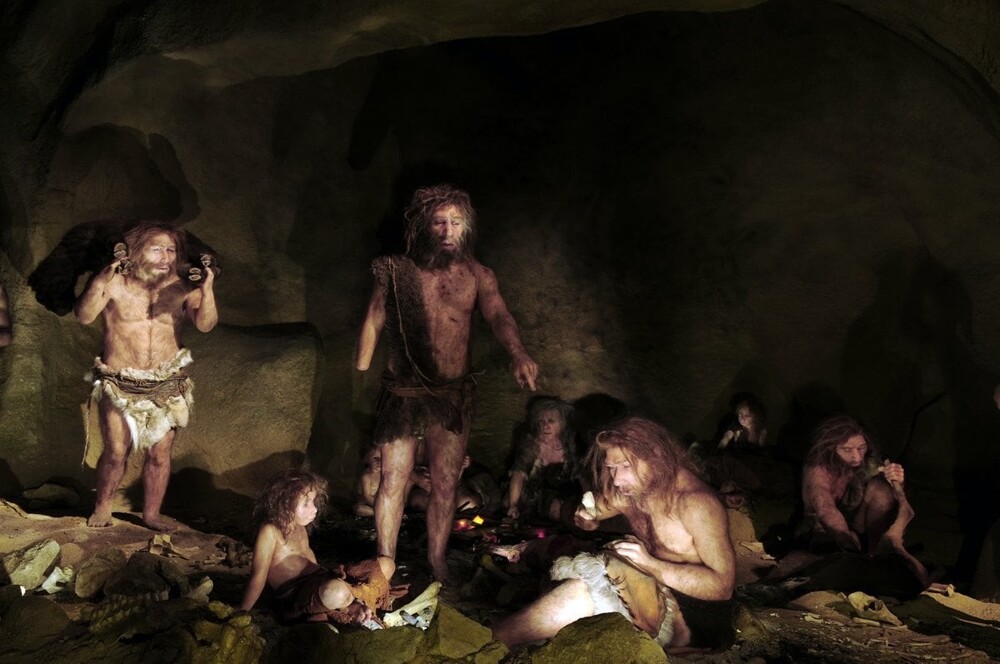
Humans shared the Earth with Neanderthals for almost 3 thousand years. Inevitable interbreeding between the two species led to high levels of rare genetic mutations, which today occur in approximately 1% of the population.
In the new work, scientists were able to provide for the first time conclusive evidence that part of Neanderthal DNA leads to autism, the cause of which is still unknown.
“We found that people with autism have, on average, rarer Neanderthal mutations, but that does not mean they have more Neanderthal DNA overall,” said Emily Casanova, lead author of the study and assistant professor of neurobiology at Loyola University.
In their study, the researchers used exome sequencing, a test to identify genetic damage (mutations) in DNA to understand the cause of symptoms or diseases. They compared autistic people with their healthy siblings. 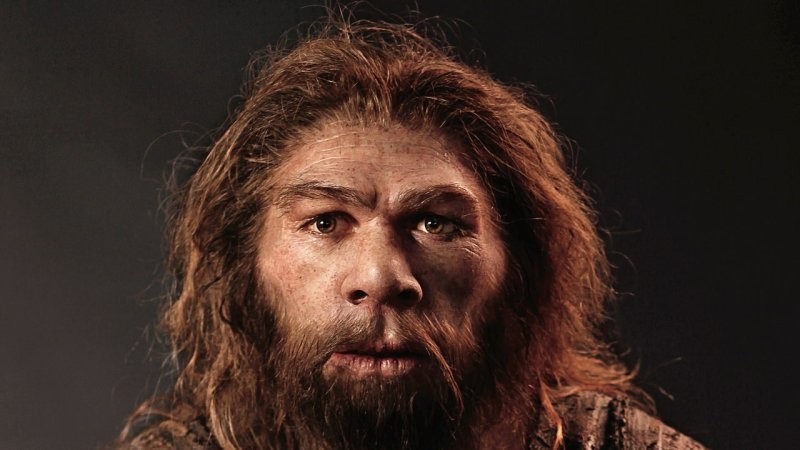
As a result, 25 rare and common Neanderthal genes, called single nucleotide polymorphisms (SNPs), were discovered. They were much more common in people with autism.
"The findings suggest that Neanderthal DNA plays a significant role in susceptibility to autism," the study said.
Scientists say more research is needed to examine a larger portion of the genome to definitively confirm the link between Neanderthal DNA and autism.
In addition, the team plans to study the genome of Denisovans - Altai Neanderthals - to find out whether the same relationship exists in people of Asian and Native American descent.

